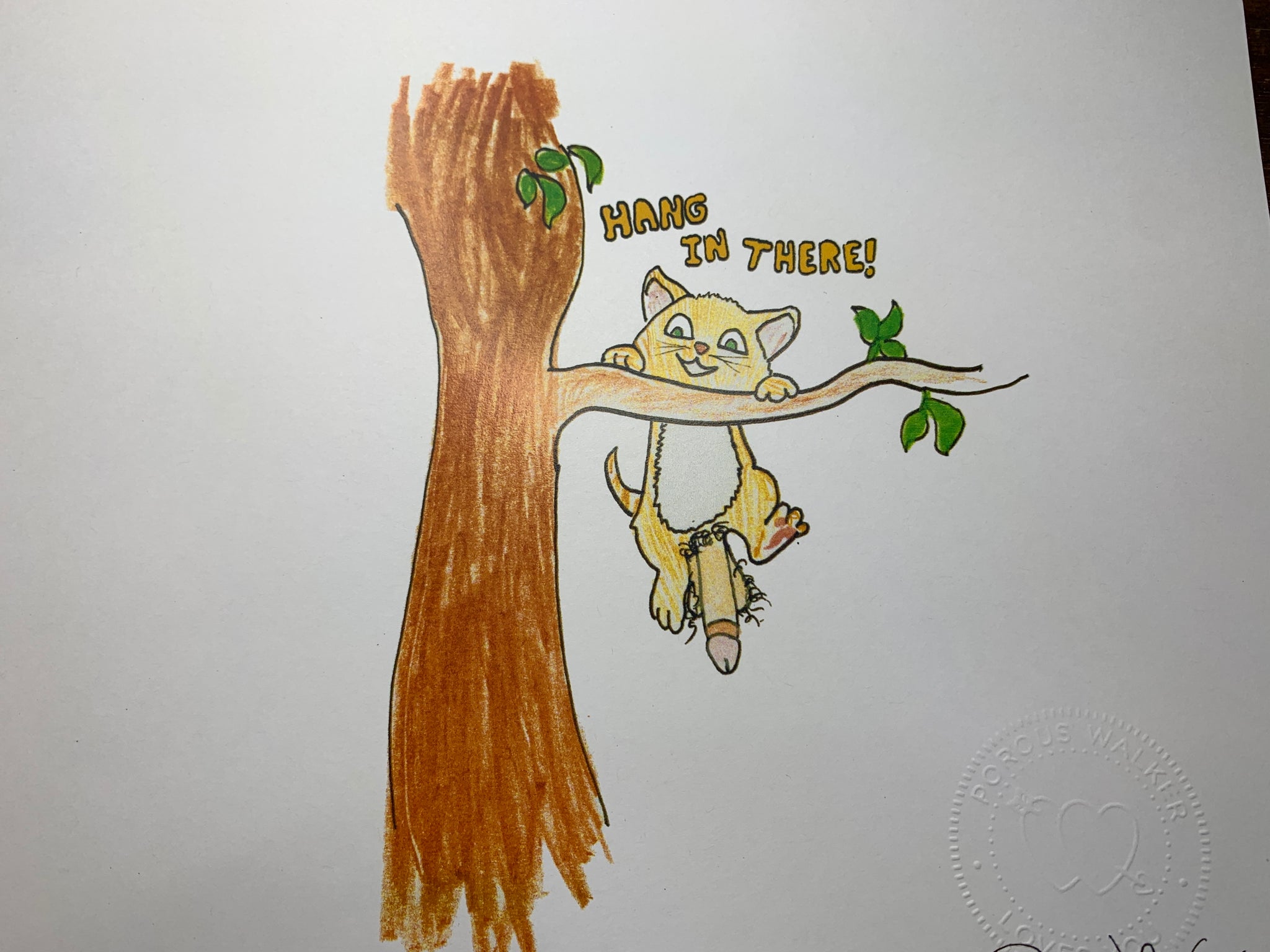

En ce sens, donner des opéras à Goa participait d’un processus de domination orientaliste portugaise, et les récits des opéras joués à Goa – La Tragédie de Porus et Adolonymous de Sidon, évoquant les histoires d’Alexandre le Grand – faisaient partie de l’orientalisme global sur lequel Edward Said a écrit.ĭ’autre part, l’article fait valoir que la représentation d’opéras à Goa témoignait également d’une extension du monde du divertissement, caractéristique de l’aristocratie portugaise du xviii e siècle, de plus en plus ouverte aux concepts de loisir des Lumières.

D’une part, il montre que l’opéra était utilisé comme un outil de l’empire, une façon de plébisciter l’idéologie impériale portugaise tout en contribuant à renforcer les identités des colonisateurs vis-à-vis des colonisés. From this angle, the textures, layers and meanings of these experiences, and the globalization of opera, are more complex than a straightforward association between culture and politics, going far beyond strict imperial politics.Ĭet article analyse les relations entre opéra et empire au cours de la vice-royauté du marquis de Távora à Goa, entre 1750 et 1754. On the other hand, I contend that the performance of the opera in Goa was also an extension of the typical world of entertainment of the eighteenth-century Portuguese aristocracy, where the openness to the Enlightenment concepts of leisure was increasing. In that sense, the performance of the opera was part of a Portuguese “orientalist process of domination”, and the narratives of the operas played in Goa- The Tragedy of Porus and Adolonymous of Sídon, both evoking the stories of Alexander the Great-were part of the global Orientalism Edward Said so eloquently wrote about. On the one hand, it argues that opera was performed as a tool of empire, displaying the Portuguese imperial ideology, and contributing to reinforce the identities of the colonizers visa-vis the colonized. This essay analyses the ways in which opera and empire were related during the viceroyalty of the Marquis of Távora in Goa, between 1750 and 1754.


 0 kommentar(er)
0 kommentar(er)
